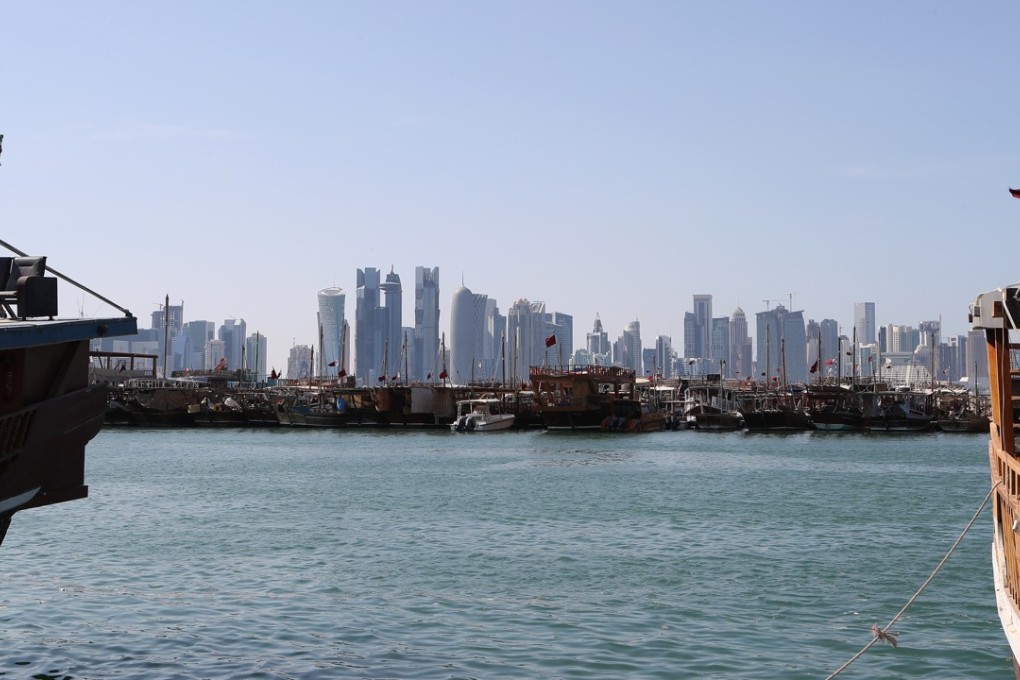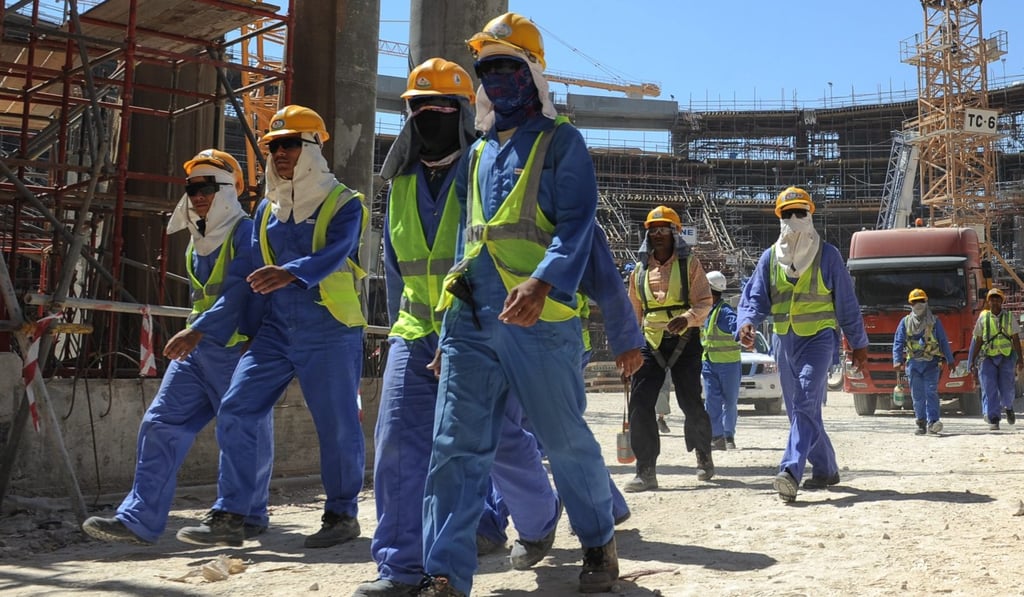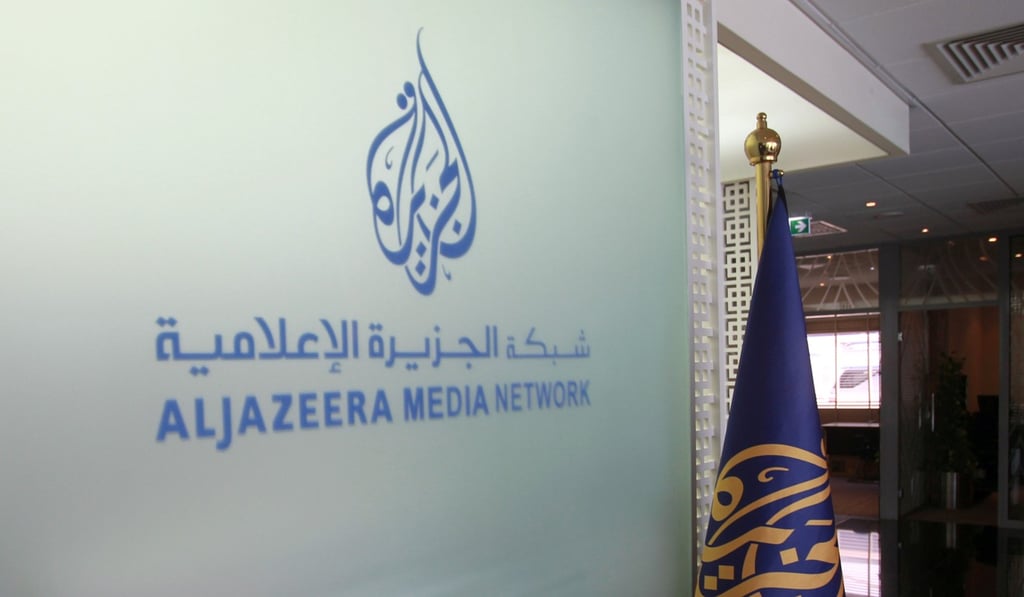Why Qatar boycott could be a boon for Asian countries
The Saudi-led quartet is not stopping third parties from doing business with Qatar, creating business opportunities – by land, sea and air – from India to Singapore

Asian nations, including India, Pakistan, Sri Lanka, Bangladesh, Indonesia and the Philippines, whose nationals populate the Gulf’s labour force, have already reaped initial benefits with Qatar, eager to put its best foot forward, significantly reforming its controversial kafala or labour sponsorship regime that required workers to receive permission from employers to change jobs or, in some cases, leave the country.
What’s behind crown prince’s crackdown in Saudi Arabia - and where will it lead?
Qatar recently became the first Gulf state to introduce a minimum wage, albeit criticised by human rights groups for being about US$200 (HK$1,560) a month – well below what labourers can earn in their home countries.
It has also sought to improve workers’ rights and committed to improving their living conditions.


